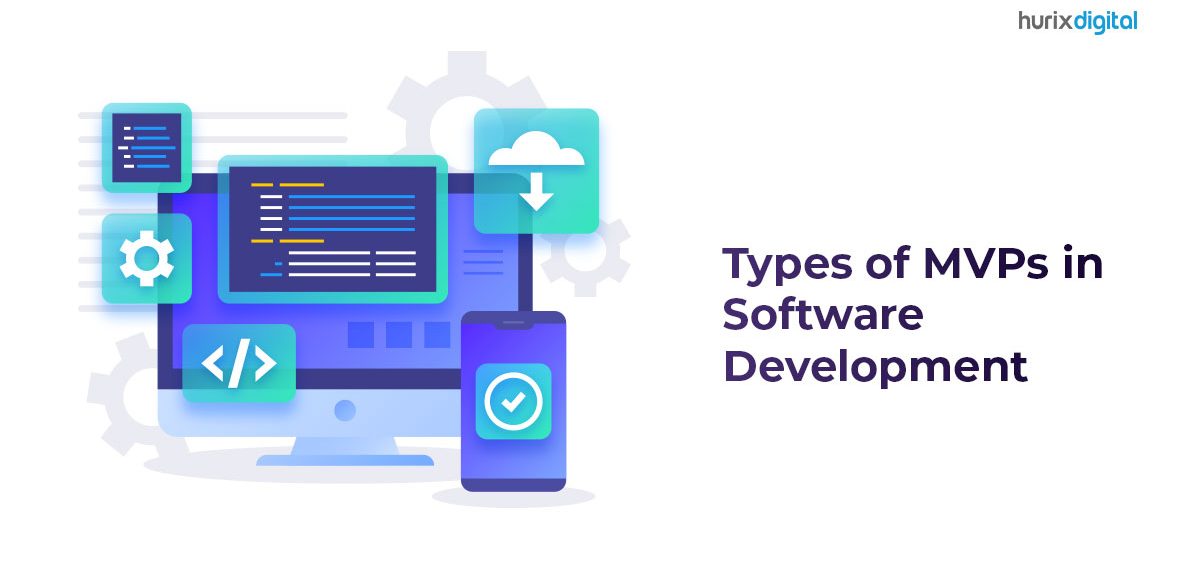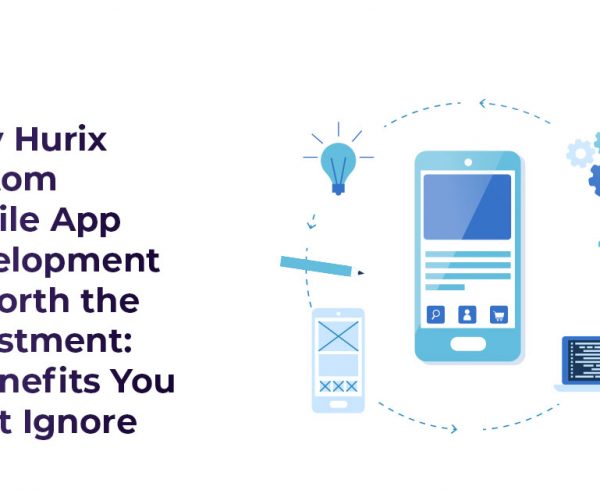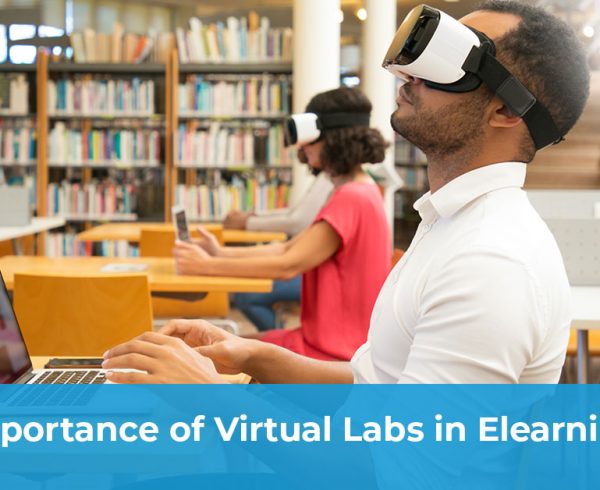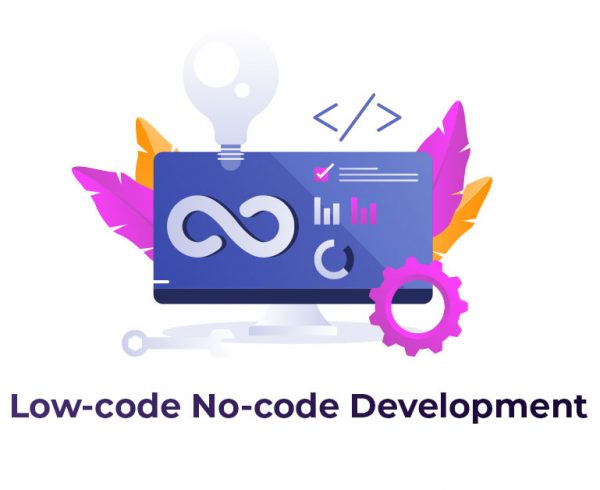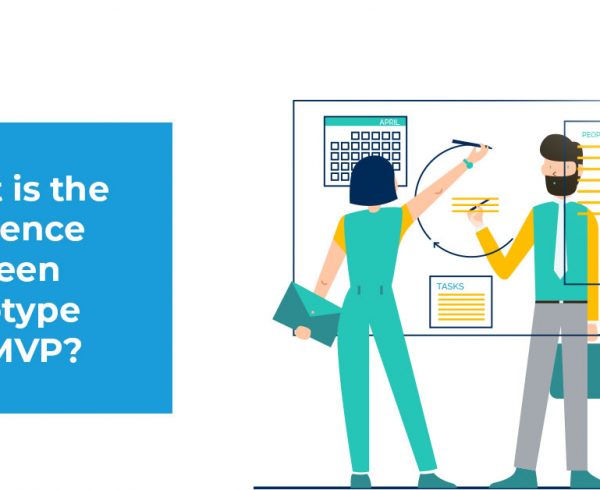Minimum Viable Product (MVP) is the initial version of a product that has only a core feature set to satisfy specific consumers’ needs. When it comes to software development, building an MVP is a great way to test product ideas, validate assumptions, and get feedback from early users. Several types of MVPs can be used in software development, depending on the product. Here are some of the most common types:
1. Wizard of Oz MVP
This type of MVP is also called a Flinstone MVP. In this type, the product appears to be fully functional, but humans perform the tasks that the product is supposed to do. The aim is to determine whether or not a product idea will likely succeed. However, most offered features are processed and executed manually.
2. Landing Page MVP
A landing page MVP is nothing but a page that displays information about a coming-soon product. So before the product is released, this type of MVP helps to focus on building an audience and gathering user feedback. This MVP is useful when you want to check the demand for your product before investing time and money into it.
3. Concierge MVP
This MVP involves manually providing the service to your users to accomplish their goals. Using this MVP, the company performs every function of its service or product manually. To solve the problems of customers, you will have to work with them directly. It helps to get real contact with your early customers. Similar to the wizard of OZ MVP, in Concierge MVP backend functions are done by the team; however, the difference here is that the user is aware of that. It helps you achieve a good user experience without investing time and resources to develop it.
4. Piecemeal MVP
In a piecemeal MVP, build a series of features that are tested and validated. The idea of this MVP is to use existing tools and solutions for providing your product features. In this MVP, the solution is built using third-party software and applications. This type of MVP is useful when you want to build up your product’s functionality over time while getting feedback from users.
This approach allows for an MVP to be delivered faster and usually with less risk than a traditional MVP.
Also read, What is the difference between Prototype and MVP?
Conclusion
To conclude, MVPs are an excellent way to test product ideas, validate assumptions, and get feedback from early users in software development. Different types of MVPs can be used depending on the product, such as the Wizard of Oz MVP, Landing Page MVP, Concierge MVP, and Piecemeal MVP. The Wizard of Oz MVP and Concierge MVP require manual processing of the product’s features, while Landing Page MVP and Piecemeal MVP are useful in testing demand and building product functionality over time, respectively. Ultimately, using an MVP can help companies reduce risk, save time and resources, and ensure that their final product meets the needs of their target audience.


